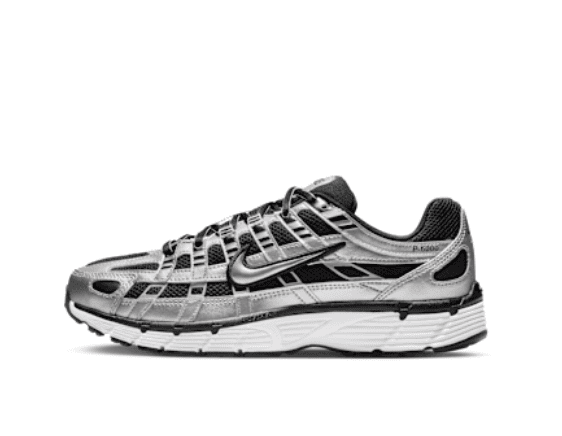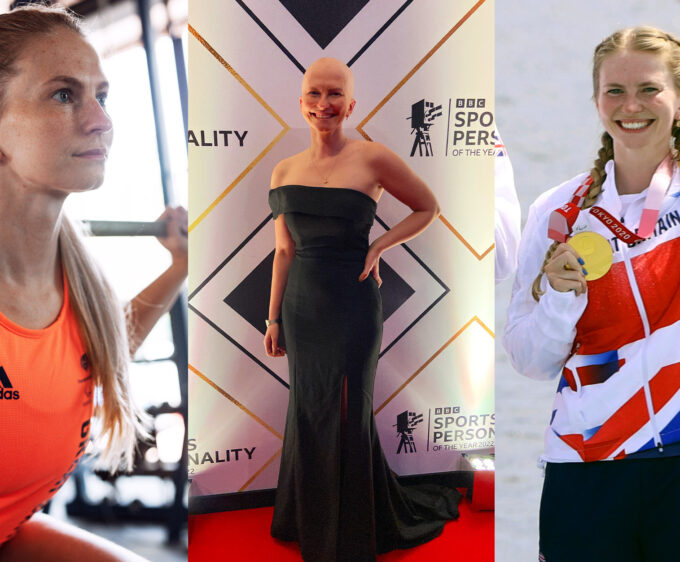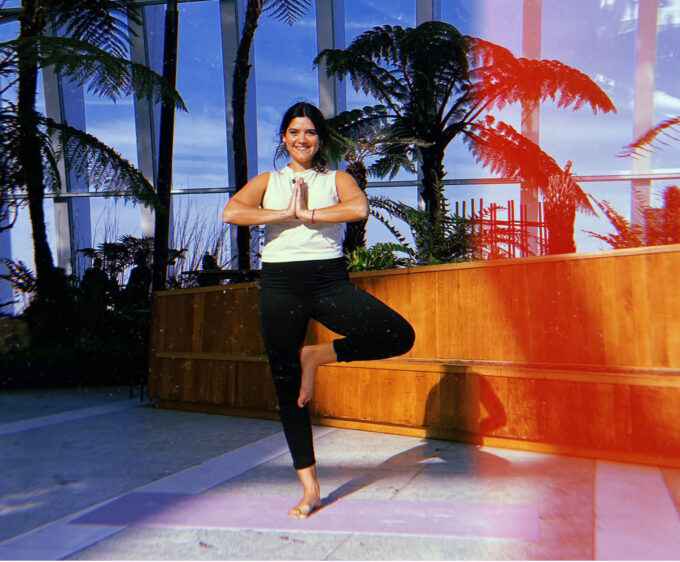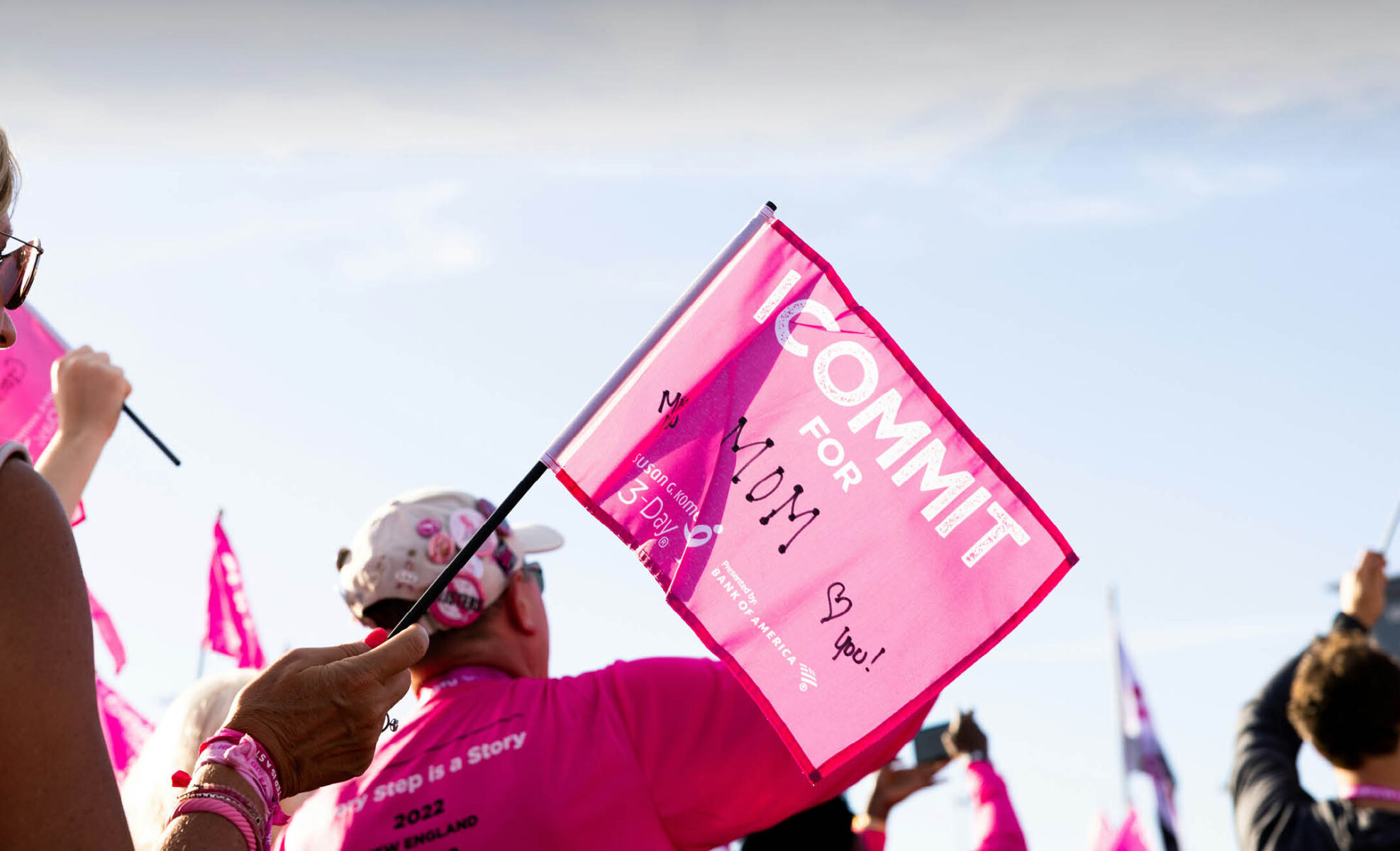
Your Breasts
Tits, boobs, melons, jugs—whatever you call them, we’re sure you’ve been hearing a lot about them this month. Do you have information fatigue yet? Maybe. Does this put us off telling you to check your breasts? Absolutely not. Here’s a short guide to chest health.
By Glorious
We know, we know, you’re tempted to scroll on by. You’ve heard it all before. ‘Check your boobs’, ‘early detection’, ‘mammograms’, bla bla bla. But just like every other October, here we are, during Breast Cancer Awareness Month, telling you to read this short guide to checking your boobs. And who knows? Maybe this little nudge could lead to early detection, and that’s something that might just save your life.
It’s true, breast cancer is the most diagnosed cancer among women worldwide, and the statistics can be overwhelming— in 2022, the World Health Organisation noted that it was the most frequently diagnosed cancer in women across 157 countries polled, accounting for 1 in 4 cancer cases. In America, according to the American Cancer Society 1 in 8 women will be diagnosed with breast cancer in their lifetime. In the United Kingdom, Cancer Research estimates 1 in 7 UK females will be diagnosed with breast cancer in their lifetime, with 23% of breast cancer cases in the UK being preventable.
It’s not all bad news. Thanks to modern advancements in technology and early detection, the prognosis for breast cancer has improved dramatically. In fact, when breast cancer is caught in its localised stage, the five-year survival rate is now as high as 99%– that’s a HUGE leap forward.
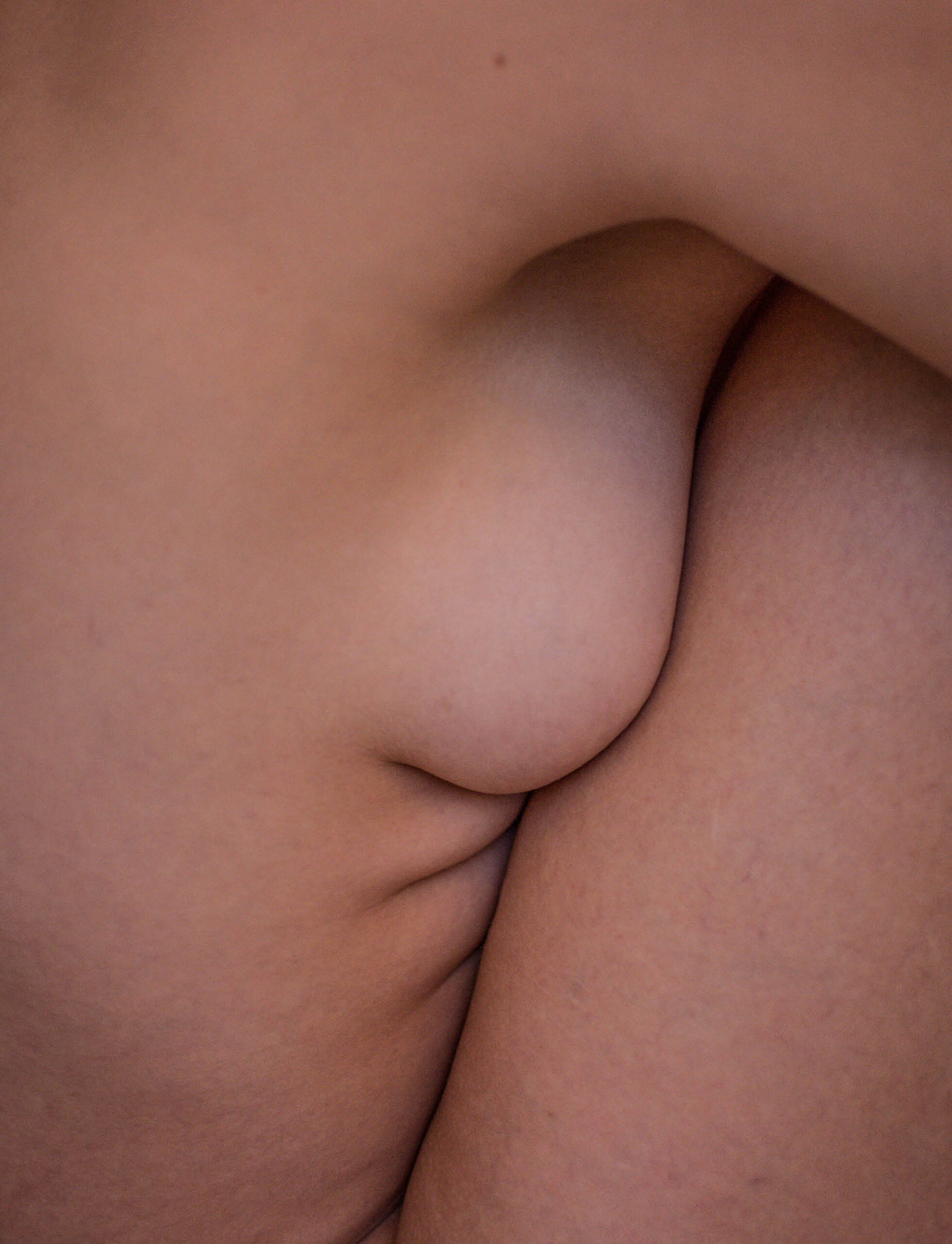
But let’s not forget, for as long as breast cancer exists, there’s still work to be done. Breast cancer remains the leading cause of cancer death among women, with over 669,418 deaths globally in 2022, many of which occur in low-resource settings.
Chances are if you’re reading this, you’re not in a low-resource setting. You have access to information, healthcare, and support. So here we go, take this as your official reminder to check your boobs, breasts—whatever you want to call them.
Knowing Your Body
You might be thinking, “I’m fit and healthy, do I need to bother?” The answer is a resounding yes. Breast cancer doesn’t care how active or healthy you are. So let’s get into how you can stay on top of your breast health in a way that feels as practical as your skincare routine, and just as easy to maintain. Check in with yourself. You know your body. You know when you feel off—a weird ache, a spot that wasn’t there yesterday, or a mood swing out of nowhere. Well, your breasts deserve the same attention. Checking them regularly helps you get familiar with what’s normal for you, so you’ll be the first to notice if anything changes.
The recommendation is to check your breasts once a month. It’s easiest to do this at the same time each month, ideally in the week after your period, when hormones are less likely to cause tenderness. Checking your breasts might sound daunting, but it’s honestly as straightforward as any other self-care ritual. Stand in front of the mirror and have a good look: size, shape, skin texture—do things look as they should? Is there dimpling, puckering, or any changes to your nipples? Raise your arms and see if everything moves as it normally does. Next, feel for any lumps or changes. Use the pads of your fingers, moving in circular motions from the outer edges of the breast toward the nipple. And don’t forget your armpits and collarbone area—breast tissue extends up there too. Check out this 2-minute BBC video with a GP that demonstrates just how easy it is to check your breasts.
If you feel something unfamiliar, DO NOT PANIC! Breasts can feel lumpy or uneven at times, but it’s always worth getting any changes checked by your GP. We understand that often the most daunting thing can be taking that first step to seek help, but it’s the best way to stay on top of your health.
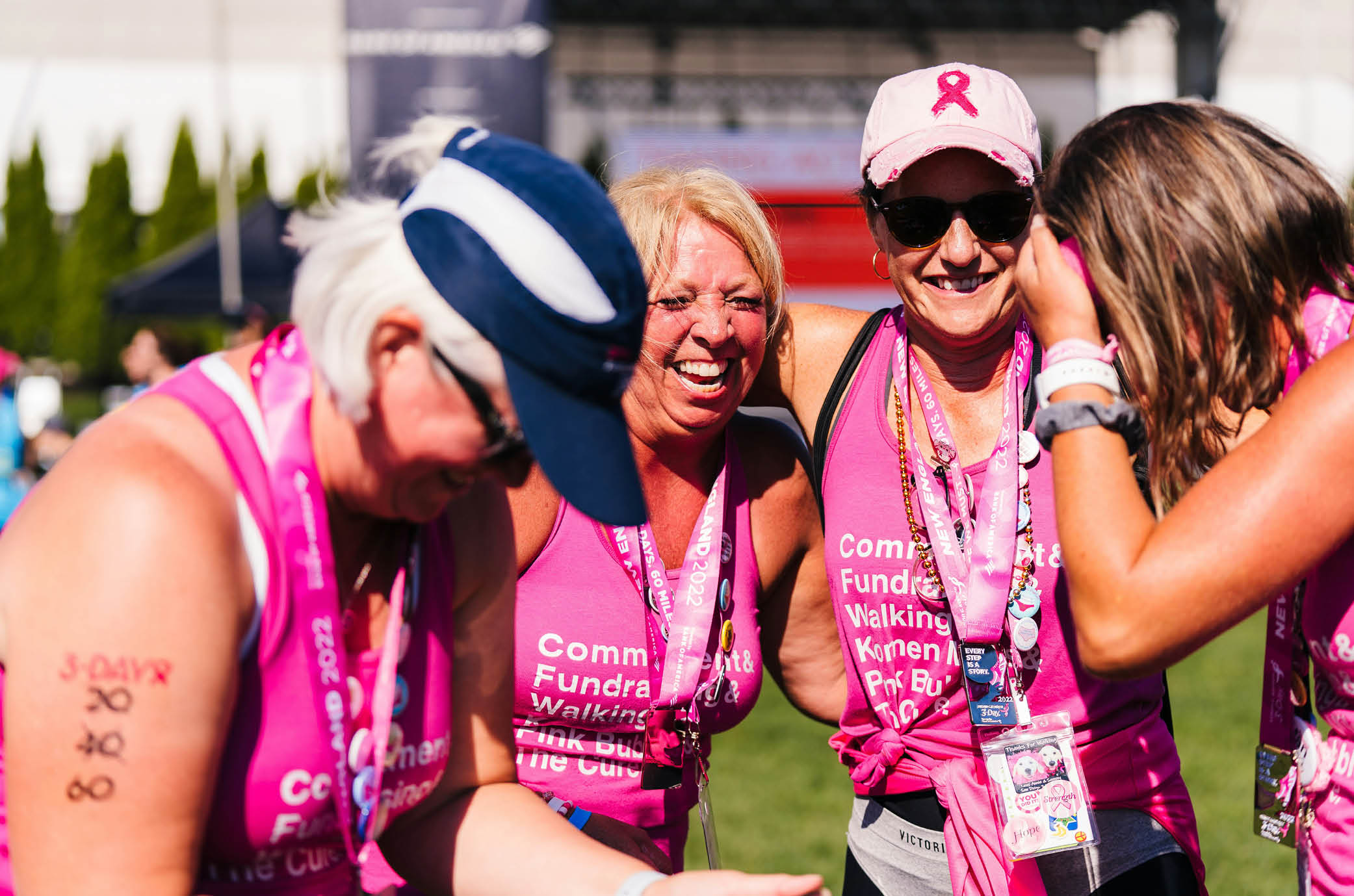
Living a Healthy Lifestyle
You can’t control everything in life, but there are some steps you can take to lower your risk of breast cancer. Keeping active is one of them, and no, this doesn’t mean signing up for an Ironman. Whether it’s a daily walk, a bit of yoga, or whatever movement you enjoy, regular physical activity can lower your risk of breast cancer. Studies suggest women who are more active have about a 20% lower chance of developing breast cancer compared to those who are more sedentary. Exercise helps regulate hormones and insulin levels, which are linked to breast cancer risk.
But it’s not just about moving your body. What you eat matters too. Now, I’m not going to tell you to live off chia seeds and kale, but a balanced diet with plenty of fruit, veg, whole grains, and healthy fats can help reduce your risk. Keep an eye on processed foods, and if you enjoy a tipple, try to keep alcohol in check. The NHS recommends no more than 14 units of alcohol a week (that’s about six medium glasses of wine). Drinking more than this can increase your risk of breast cancer, so it’s worth reconsidering those extra rounds at the pub.
Screening and Early Detection
When it comes to breast cancer, early detection is the real game-changer. The earlier breast cancer is caught, the better the chances of successful treatment. This is why screenings, like mammograms, are so important.
If you’re between 50 and 71, you’ll be invited for a free mammogram every three years through the NHS. Mammograms can detect tumours before they’re big enough to feel, so don’t be tempted to skip out on those appointments. If you’re younger but have a family history of breast cancer, you might want to talk to your GP about whether earlier screening is right for you.
For anyone unfamiliar with mammograms, they’re quick—usually around 20 minutes—and straightforward. Your breast is placed between two plates to take X-ray images from different angles. Yes, it’s a little uncomfortable (like squeezing into too-small jeans), but it’s over before you know it and is absolutely worth the peace of mind.
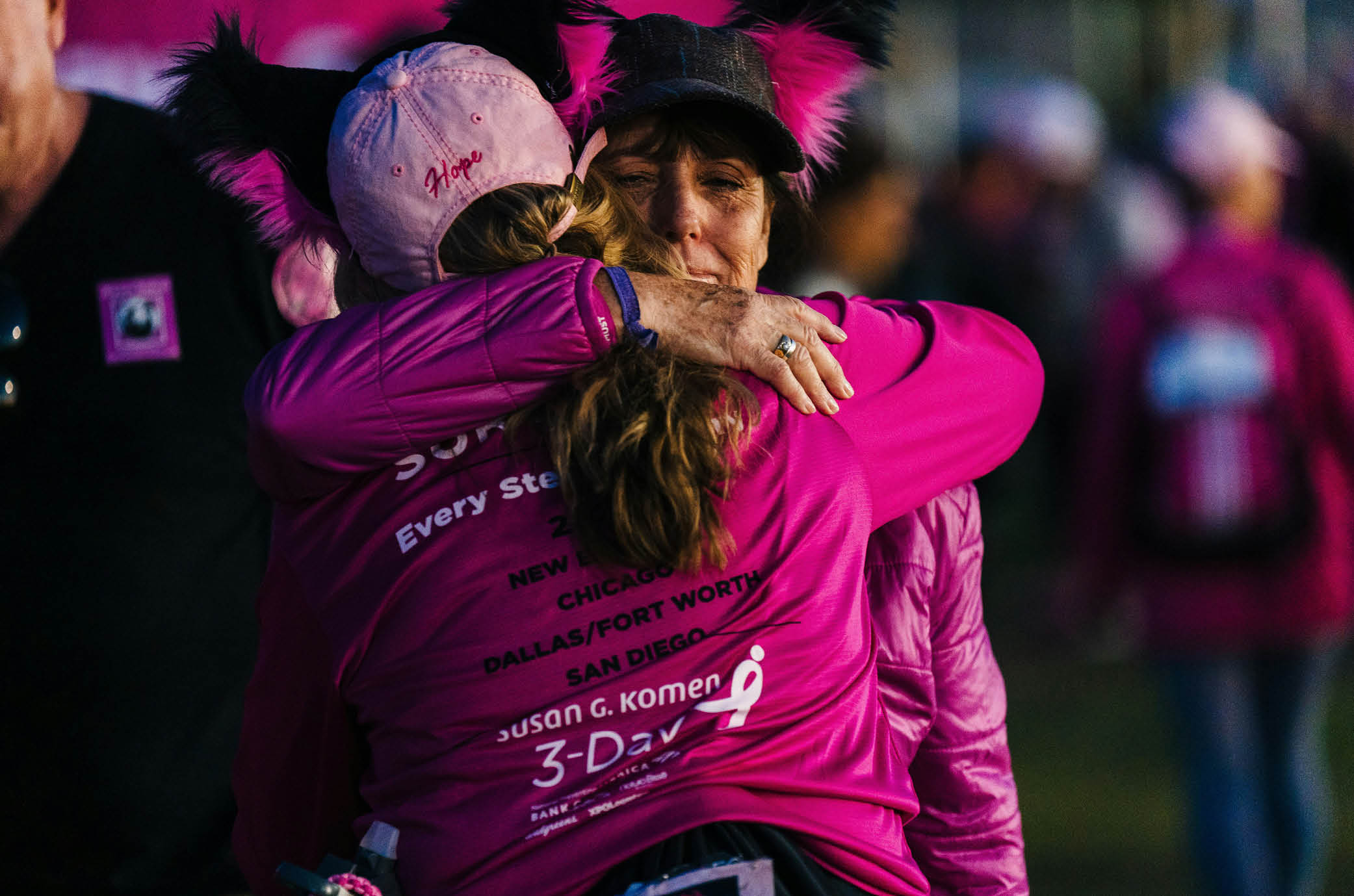
Awareness
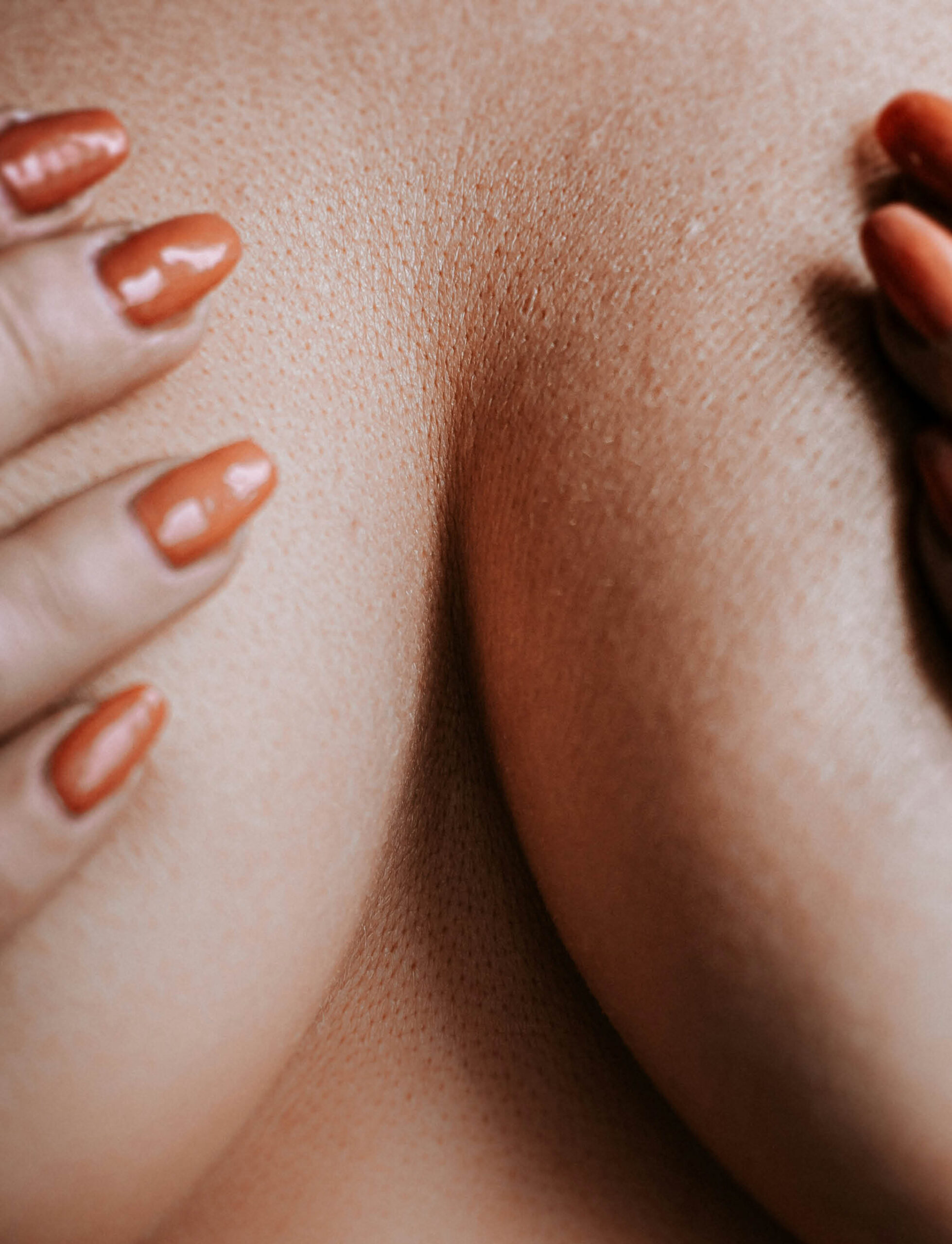
Understanding Risk Factors
There’s no foolproof way to prevent breast cancer, but being aware of your risk factors can help you make informed choices. Some risk factors, like age, genetics, and family history, are out of your hands, but there are things you can do to lower your risk. If breast cancer runs in your family, speak to your GP. They might suggest genetic testing or additional screenings, especially if close relatives have been diagnosed. Knowing your family history is key to staying one step ahead.
Hormone replacement therapy (HRT) is another factor to keep in mind. If you’re using HRT to manage menopause symptoms, it can slightly increase your risk of breast cancer. The NHS recommends using HRT for the shortest time possible and having a conversation with your doctor to weigh the pros and cons. Your weight also matters. After menopause, being overweight or obese can increase your risk of breast cancer. Maintaining a healthy weight through a balanced diet and regular activity can help protect you. This isn’t about crash dieting, but finding a balance that supports your overall health.
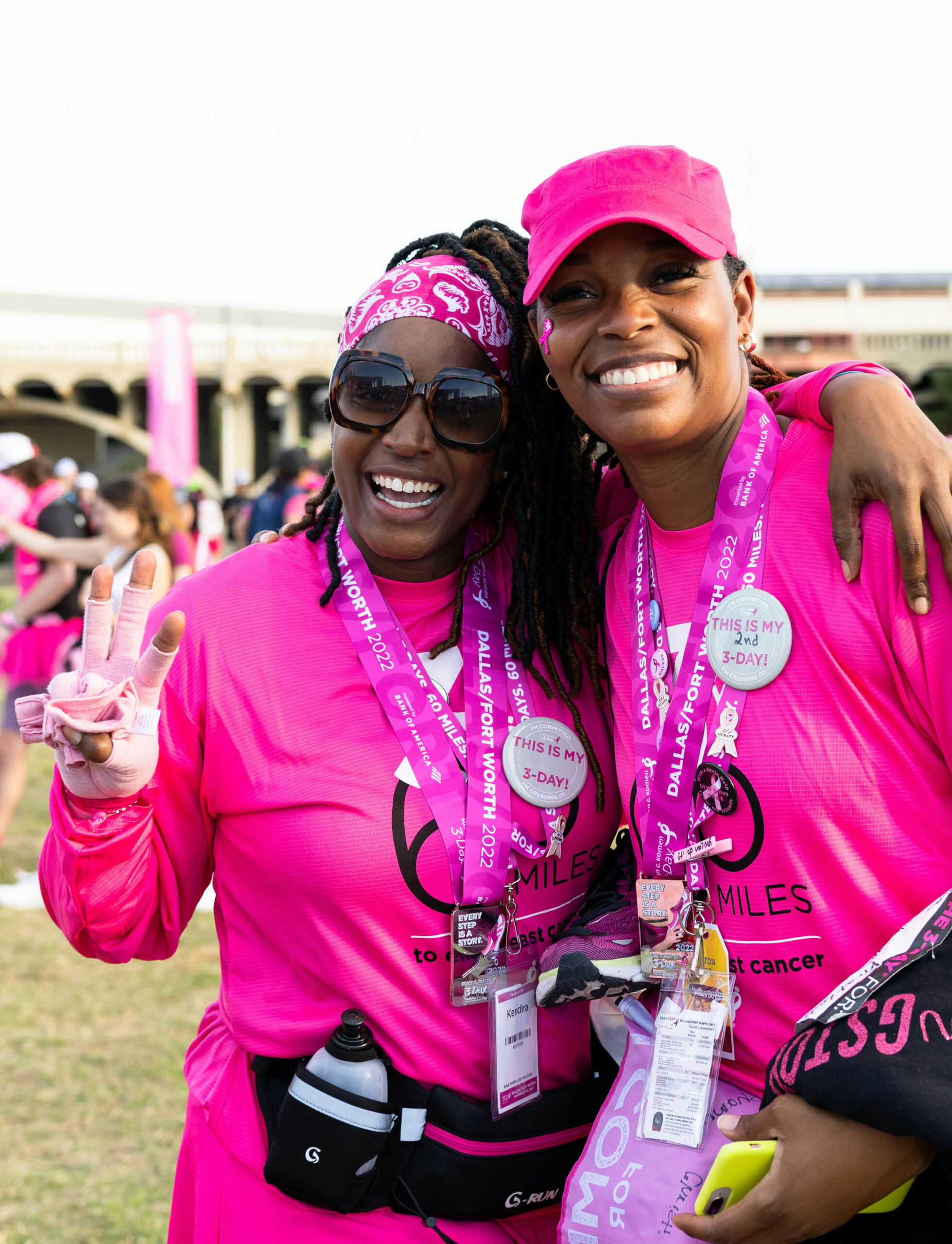
It Can Affect Anyone
We often think breast cancer is something that only happens to older women, but the truth is it can affect anyone, no matter their age. Around 5% of breast cancer cases in the UK are diagnosed in women under 40. So, no matter how young or fit you are, it’s essential to make breast health a part of your routine.
If you’re in your twenties or thirties, don’t get complacent. Sure, a healthy lifestyle gives you an advantage, but it doesn’t make you immune. Keep up those good habits, and stay aware of any changes in your breasts.
Breast cancer awareness might not be the hottest topic, but it’s something we can’t ignore. By regularly checking your breasts, going for screenings, and living a healthy lifestyle, you’re doing your bit to take charge of your health. It’s a quick, easy habit that could make all the difference, so next time you’re lounging on the sofa, lathering up your locks in the shower, or taking your make-up off at the end of the day, take 20 seconds and check your boobs.
Want some further reading and resources? We’ve got you. Here are some sites we highly recommend visiting:
UK readers: Breast Cancer UK, Cancer Research UK, NHS, Coppafeel
US readers: National Breast Cancer Foundation, Living Beyond Breast Cancer, National Cancer Institute
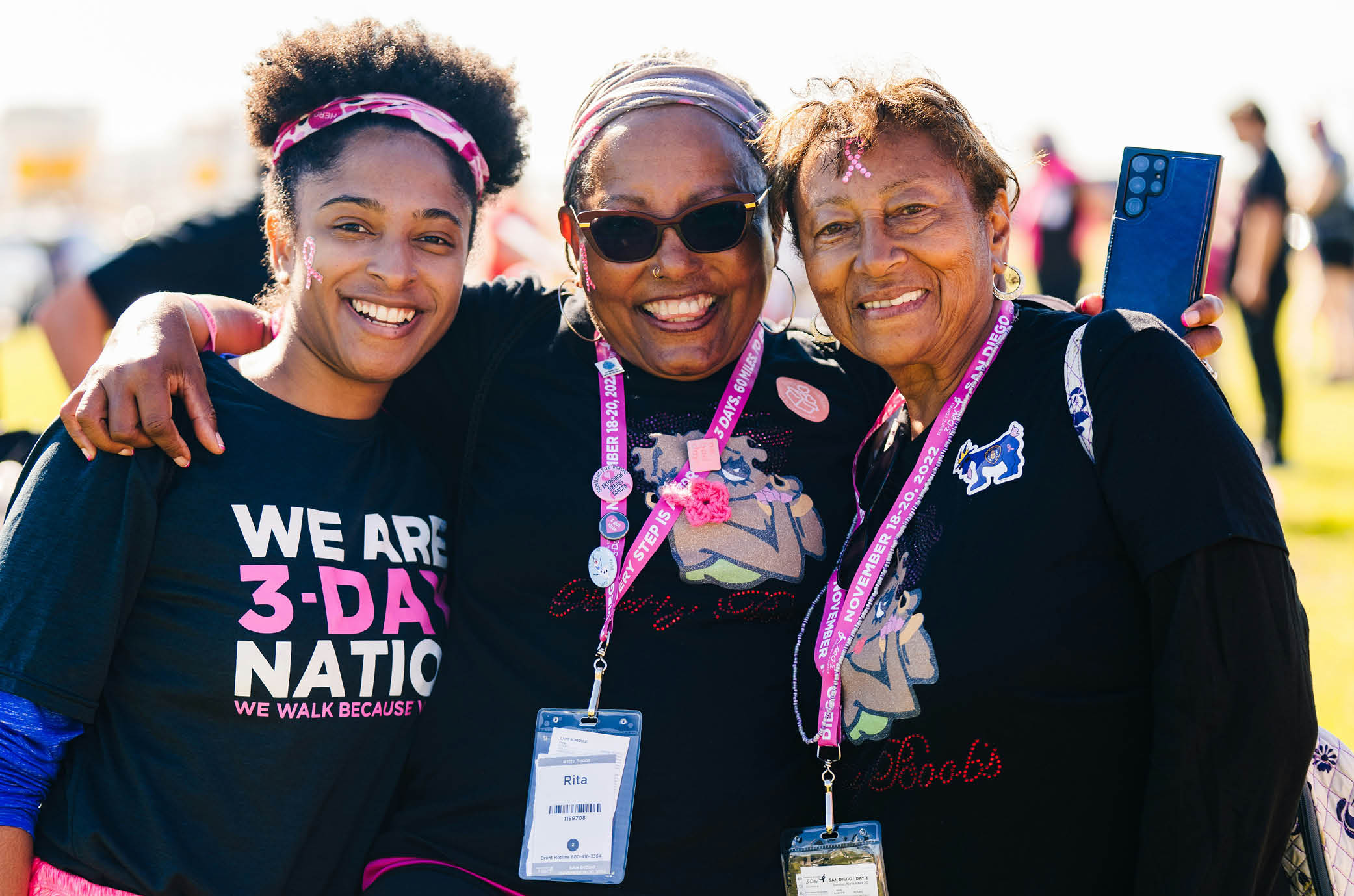
Imagery featuring women walking the Susan G. Komen 3-Day Walk—an incredible event spanning three days and covering 60 miles, all in the name of raising funds to fight breast cancer. It brings together individuals, many of whom have been personally impacted by breast cancer, to walk and raise awareness. This walk isn’t just about the physical journey—participants come together to form a supportive and tight-knit community known as the “Pink Bubble.” Since 2003, over 500,000 people have participated, contributing to nearly $1 billion in fundraising efforts. Find out more by visiting the3day.org to learn how you can participate in this life-changing event.
